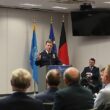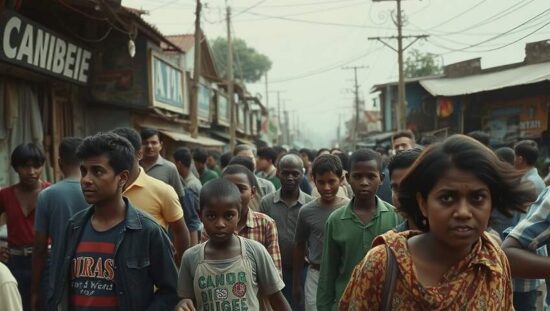The President of the International Committee of the Red Cross (ICRC), Mirjana Spoljaric Egger, has cautioned against complacency while acknowledging a potentially transformative window for peace in the Gaza Strip. In an interview with German broadcaster ARD’s “Tagesthemen” Egger stated that while conflict remains the prevailing possibility, a crucial opportunity currently exists – one that demands immediate and sustained action.
Egger’s remarks carry significant weight, particularly given the profound humanitarian crisis unfolding in Gaza. She underscored the untenable nature of a return to the conditions of the past two years, emphasizing that the population has reached a breaking point. “The people have no more resilience” she stated. “The area is destroyed. The politicians who have influence on the situation are now in an extraordinary obligation to do everything they can to ensure that this ceasefire holds”. Any failure to do so, she warned, would constitute an “absolute catastrophe.
Beyond the immediate imperative of maintaining the ceasefire, Egger highlighted the formidable challenges of reconstruction. She stressed the necessity of a collaborative approach involving the United Nations, international non-governmental organizations, national authorities and local actors, voicing concerns that a solely top-down solution would be insufficient. While offering no timeline for rebuilding, the magnitude of the destruction and the depth of the trauma suggests a protracted and complex undertaking.
Crucially, Egger’s assessment moves beyond technical considerations, addressing the fundamental political foundations for durable peace. She directly criticized the absence of inclusive dialogue, asserting that a resolution is impossible “if not all those affected by this conflict also feel that their rights, their existence is considered”. This implicitly challenges current strategies that may fail to adequately address the grievances and aspirations of all Gazan stakeholders, raising questions about the long-term viability of any peace process without genuine political reconciliation and the active inclusion of all communities impacted by the conflict. The ICRC president’s words serve as a stark reminder that humanitarian relief and political strategies must be inextricably linked for any sustainable progress to be achieved.





